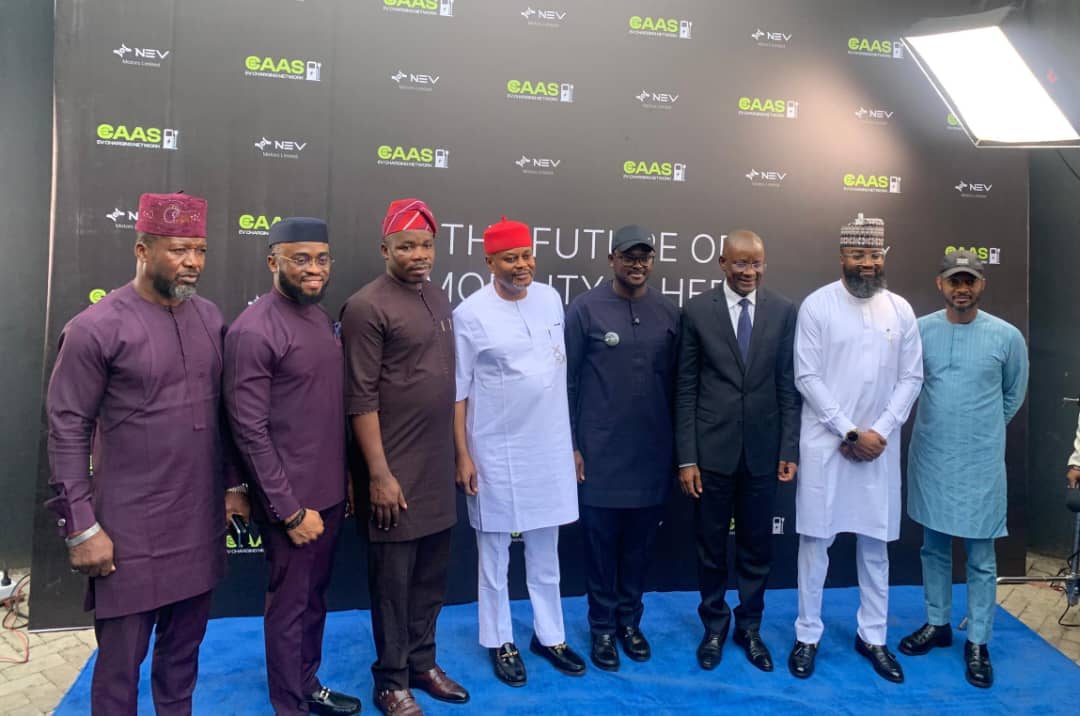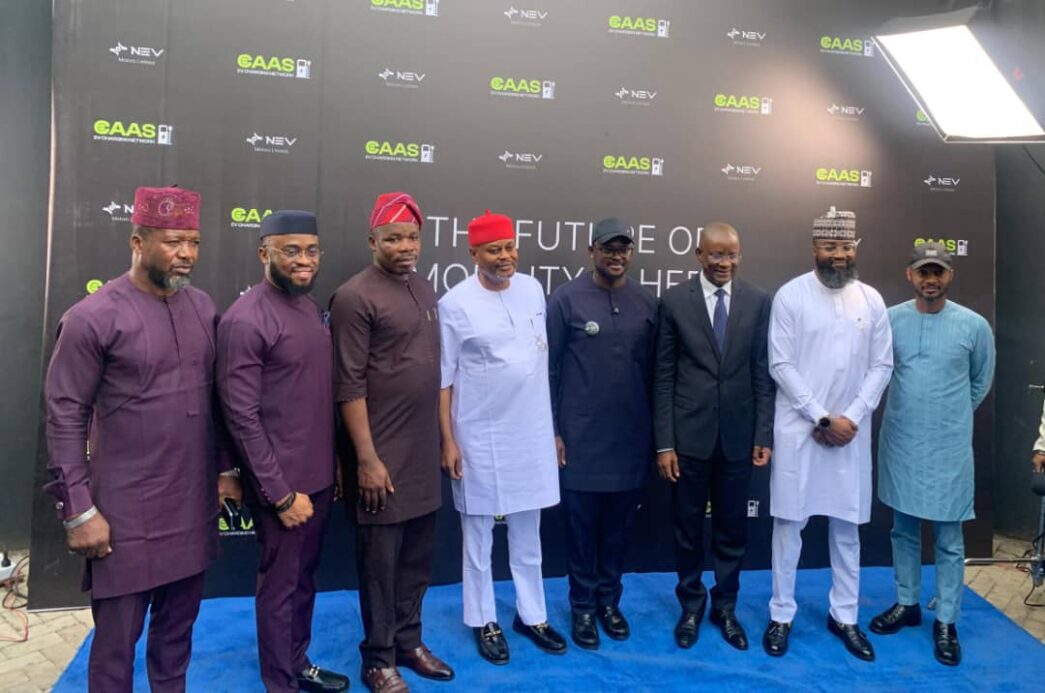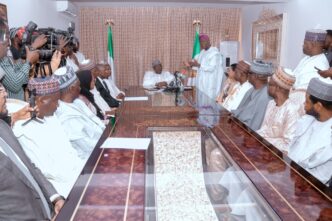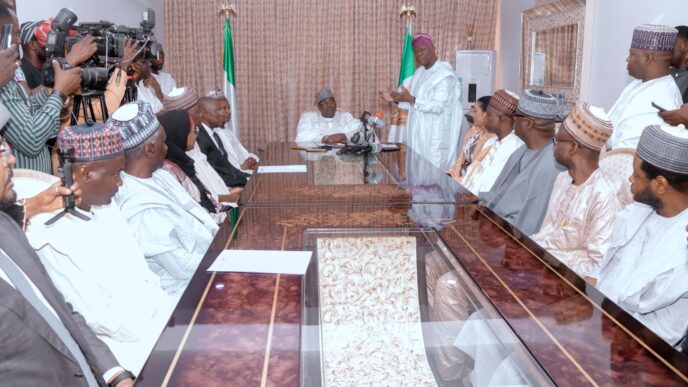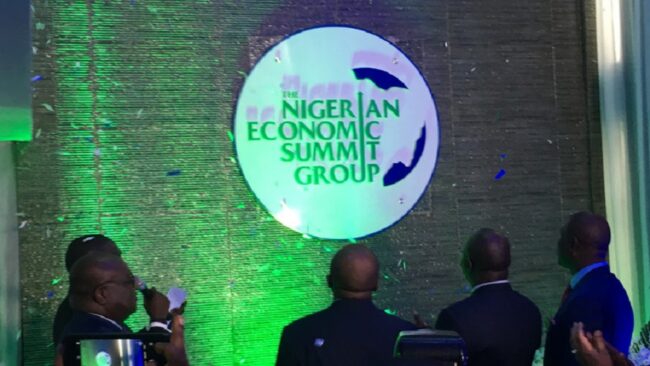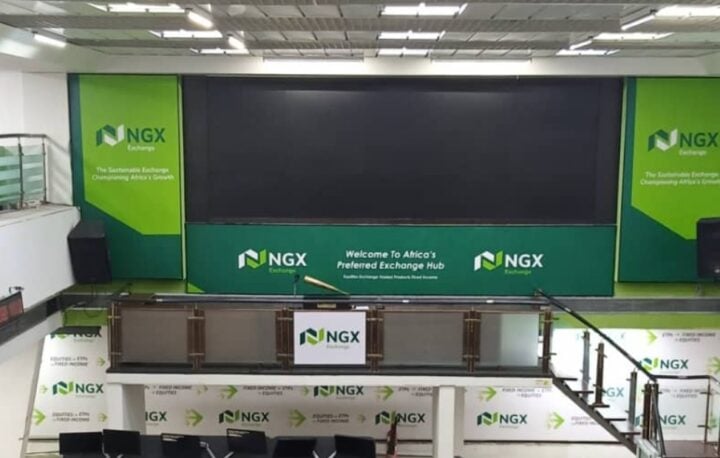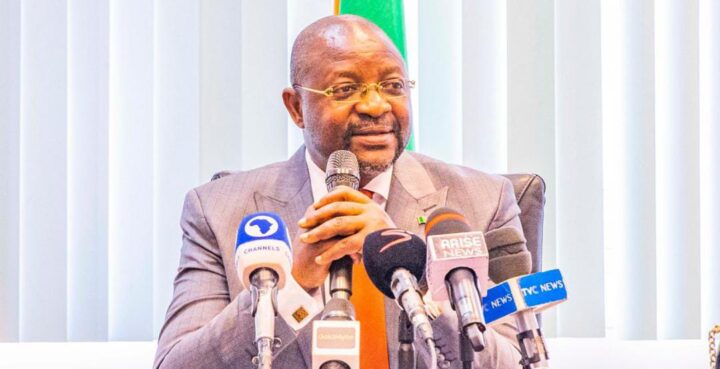The federal government says it is committed to utilising Nigeria’s natural resources for local production of electric vehicles.
Uche Nnaji, minister of science and technology, spoke on Friday at the inauguration of the NEV T6 electric buses in Abuja.
“Nigeria has abundant lithium reserves, and we are focused on processing it locally for battery production rather than exporting raw materials,” he said.
“This will support electric vehicle manufacturing, create jobs, and boost the economy.”
Advertisement
Also speaking, John Enoh, minister of state for industry, said the federal government’s efforts have been geared towards promoting sustainable transportation and reducing carbon emissions in the country.
He said EV vehicles align with the federal government’s target of achieving 30 percent growth in electric mobility, in line with the National Automotive Industrial Development Plan (NAIDP).
According to Enoh, the launch of the buses marks a significant step towards reshaping Nigeria’s automotive sector.
Advertisement
“Electric vehicles represent the future of mobility and that future starts today,” he said.
“This launch goes beyond introducing buses; it is about embracing innovation to ensure Nigeria remains competitive in the global automotive industry.”
The minister stressed the need for local content development in the sector to enhance sustainability and economic growth.
‘NIGERIA READY TO ADOPT SUSTAINABLE MOBILITY SOLUTIONS’
Advertisement
Mosope Olaosebikan, the chief executive officer (CEO) of NEV Motors, said the electric buses’ unveiling was a demonstration of Nigeria’s readiness to adopt sustainable mobility solutions.
“There were doubts about whether EVs could work in Nigeria, but today we have proven that it is possible,” he said.
Olaosebikan said NEV T6 electric buses are expected to reduce dependence on fossil fuels and promote affordable, clean, and efficient public transportation.
On his part, Joseph Osanipin, director-general of the National Automotive Design and Development Council (NADDC), called for the production of more pocket-friendly vehicles that would be affordable for Nigerians.
Advertisement
“For us in NADDC, we know that the path we are treading will lead us to sustainable mobility and we are working with relevant bodies to provide the needed infrastructure,” Osanipin said.
“The buses we are inaugurating today are 100 percent electric which have zero emissions and we know what that signifies for our health, our environment.
Advertisement
“We have to embrace clean energy and the inauguration of these buses is our own way of doing that.”
Khalil Halilu, executive vice-chairman of the National Agency for Science and Engineering Infrastructure (NASENI), said the transition to electric mobility must be complemented by renewable energy infrastructure.
Advertisement
“Electric vehicles cannot be powered by fossil fuels. This shift is about more than transportation; it is a step towards revolutionising Nigeria’s energy sector,” Halilu said.
He said with Nigeria’s vast solar energy potential, the country should be at the forefront of renewable energy solutions.
Advertisement
Add a comment
